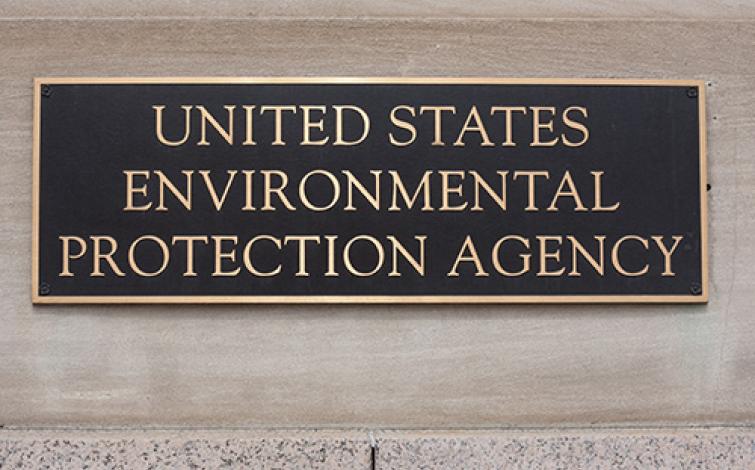Washington—The American Trucking Associations (ATA) has formally criticized California’s Advanced Clean Fleets (ACF) Rule by submitting comments to the U.S. Environmental Protection Agency (EPA) and urging the denial of California’s waiver authorization request.
“ATA remains firmly against California’s misguided and unattainable regulation,” stated Chris Spear, President & CEO of the ATA. “This damaging rule sets impractically high goals and timelines that are already causing confusion on the West Coast and pose a risk of major disruptions to our national supply chain.”
“According to the Clean Air Act, the EPA must assess California’s request considering both available technology and the fleets’ ability to meet the regulatory demands,” Spear explained. “This review will reveal that the requirements are impractical, as the current technology and infrastructure are insufficient to comply with California’s blanket zero-emission vehicle purchase mandate. A successful emissions regulation must be adaptable to the diverse operations of our industry.”
“To safeguard our supply chain and move toward a cleaner future that we all desire, the EPA should reject this waiver,” Spear added.
Over the last 40 years, the trucking sector has collaborated with regulators to establish ambitious yet achievable emissions regulations. As a result, today’s trucks emit as much pollution as a single truck did in 1988, leading to a 99% reduction in criteria pollutants and contributing to carbon reductions.
California’s ACF rule signifies a significant departure from this history of effective cooperation. Instead of setting realistic vehicle emissions targets, California has implemented an unnecessarily complex regulatory framework that is ineffective and counterproductive.
Complex and Incoherent Regulations
The ACF rule, in its present form, is challenging to understand and impossible to execute. The complicated criteria for determining which trucks are impacted along with the technologically unfeasible mandates contradict the waiver requirements laid out by the Clean Air Act. Under ACF, compliance standards vary significantly based on the fleet size or the revenue of the operating entity, creating confusion without justification from California for these differing standards.
Impact on Infrastructure and Compliance Timelines
Moreover, zero-tailpipe-emission trucks cannot be adopted by fleets without the necessary supporting infrastructure, including depot and public charging stations, upgrades to substations and power lines, and adequate electricity supply for all-electric fleets. California is far from achieving these conditions; the state would need to install nearly 750,000 chargers over the next six years—about 350 per day—just to align with the regulatory timeline set by ACF.
Inconsistent Implementation
California’s ACF was enacted in April 2023, took effect in October 2023, and has compliance deadlines that supposedly began on January 1, 2024, even though California was aware that attaining EPA waiver approval by that date was unlikely. By incorporating various exemptions and exceptions, California has implicitly acknowledged its failure to ascertain which technologies would be feasible for each vehicle category in each model year, creating uncertainty for motor carriers regarding enforceable regulations and impacting their fleet purchasing strategies.
Counterproductive Effects on Emissions
The ACF is likely to produce outcomes both within and beyond California that could be less beneficial for public health compared to federal standards. A thorough life-cycle analysis was lacking, which would have assessed the increased pollution from battery electric vehicles. Research from the American Transportation Research Institute indicates that the trucking industry could achieve faster and more cost-efficient reductions in greenhouse gas emissions through a variety of vehicle types. Their findings suggest that the production of Class 8 battery-electric vehicles emits over six times more carbon dioxide than a Class 8 clean-diesel truck due to the substantial environmental impact of lithium-ion battery production for long-haul trucking.
All of these factors are generating uncertainty for motor carriers, leading them to retain their equipment for longer periods. By delaying the usual cycles of upgrading, California’s ACF regulation is hindering the transition to newer, cleaner trucks.


